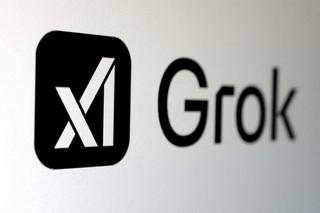The Lekki Deep Seaport in Lagos Free Trade Zone is going add about $360bn to Nigeria’s Gross Domestic Product within 45 years, the Federal Government announced on Sunday.
The Minister of Transportation, Rotimi Amaechi, who announced this after inspecting the seaport, also stated that the facility would begin commercial operations in September this year.
He said the private sector-funded seaport was being constructed in accordance with the time schedule, stressing that in three months’ time the facility would have cranes.
Amaechi said, “I am impressed with what has been done here compared with the last time we came here. There’s a huge improvement.
“And I’m being told by the management that by June we will be expecting the cranes and by September as we agreed, they should commence commercial activities.”
Commenting on the amount which the facility would contribute to the country’s GDP, the minister said, “It will contribute $360bn in 45 years, which sounds much for you but we actually need more of that money to accomplish what we want to achieve.
“It also depends on how much the economy will grow before then. The growth of the economy will put problems on the expansion.
“The argument we had in the cabinet is that the need for Lekki was as a result of the fact that the demand for port activities has exceeded the supply of Tincan and Apapa around Lagos.”
Amaechi said the funding of the seaport was borne by private sector investors, adding that they would recoup their investments over time.
“This is a privately funded project, over time they will collect their revenue from the commercial activities before they hand over to the Federal Government,” the minister stated.
Asked what role was the Federal Government playing in the construction of the seaport, the minister replied, “We are the landlords. We own the land.
“We’ve given them to run and recover their money. So when they recover their money then we take back our investment.”
Meanwhile, Amaechi described as embarrassing the recent halt and subsequent refuelling of a Lagos-Ibadan train that was transporting passengers but explained that the incident was due to the faulty fuel gauge in the train.











